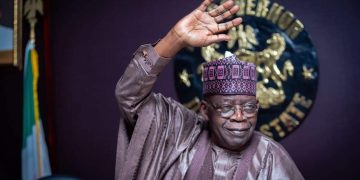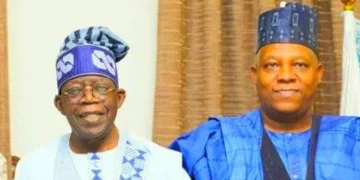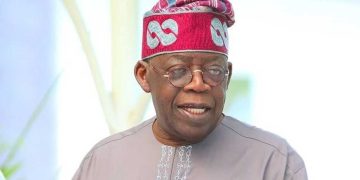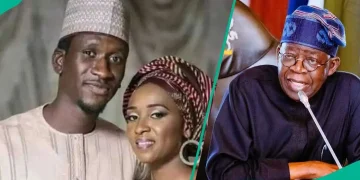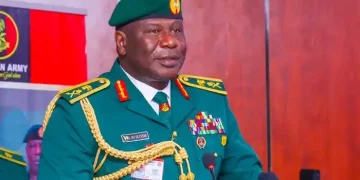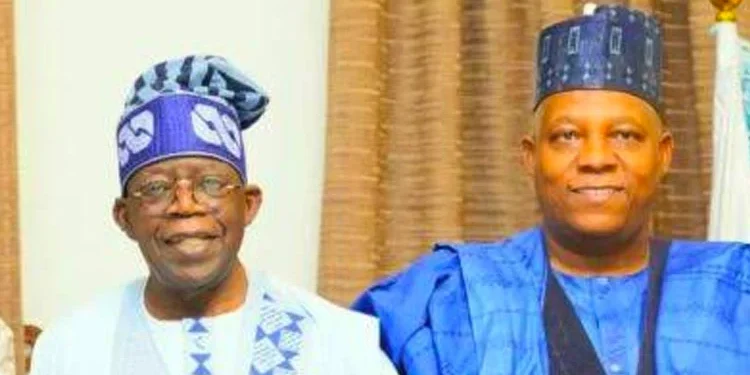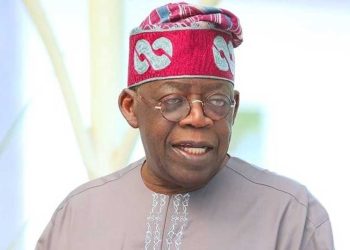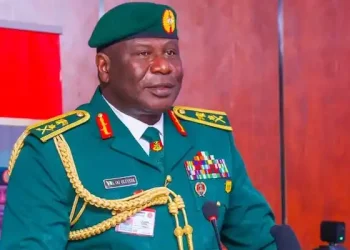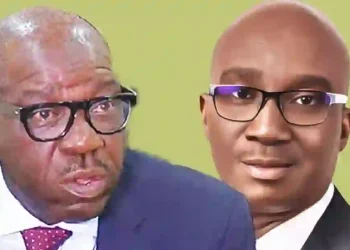Nigeria’s Vice-President Kashim Shettima has said that President Bola Tinubu’s government will never tolerate the marginalisation of any group. He recently revealed that the policies of the Tinubu administration are designed to create equal opportunities for every community via inclusion, education, and enterprise.
Speaking when he received a delegation of elders, members, and leaders of the Arewa Consultative Forum on a courtesy visit to the Presidential Villa in Abuja, Shettima shared that Tinubu represents every single Nigerian.
According to him, the Northern region should rest assured that the current government is doing everything possible to uphold the values that make the North an equal stakeholder in Nigeria’s identity.
He stated that Tinubu aims to ensure that every voice finds its place in the national conversation.
“This government is yours. Your interests shall always find representation here, for I am one of you.
And where there is a shortcoming, I assure you that you have direct access to me.
We exist to serve you, to represent you, and to uphold the values that make the North an equal stakeholder in Nigeria’s identity.
What we do as a government is to ensure that every group, every community, every faith, and every voice finds its place in the national conversation,” he said.
He further noted that there is no better time than now for the leaders of the North to stand together as one.
Shettima concluded by saying that Tinubu’s government is moving beyond subsistence farming to large-scale commercial ventures that would transform Nigeria’s vast land into its food and industrial backbone.
“We have proven, time and again, that our diversity is our strength, that our differences in tribe, faith, and geography are the very bricks that make this house of destiny we live in.
This is why we must continue to resist all attempts to divide us or stir mischief among us. Our future depends on unity, and unity must remain our creed.
We began as a region defined by stability, vision, and a deep commitment to building bridges across ethnic, religious, and geographic divides.
But what we have inherited today is a geography scarred by insecurity, mistrust, and economic decline. We cannot afford to allow this chaos to fester.
We owe our people not only the burden of ending the cycle of killings and destruction that have crippled our communities, but also the duty of ensuring justice for victims of violence and deprivation.
The architects of modern conflict often describe what they call the greed and grievance theory.
It is a recognition that while some agitations arise from genuine grievances seeking justice and fairness, others are fuelled by greed — by the quest to exploit disorder for selfish gain.
Our task, therefore, is to distinguish between the two, to embrace the legitimate calls for equity and inclusion, and to isolate the forces that seek to profit from chaos. This is what we have been doing.
We are strengthening the foundations of education through reforms that empower local governments and promote fiscal autonomy at the grassroots.
Through the Nigeria Education Loan Fund, millions of northern students now have access to tertiary education without the financial barriers that once held them back
We are expanding vocational and technical training centres to prepare our youth for roles in agriculture, manufacturing, and technology.
We are building agro-processing industries to create jobs and value chains, investing in microfinance systems to support smallholder farmers and Micro, Small and Medium Enterprises (MSMEs).
And we are establishing industrial zones in key states such as Kano, Kaduna, and Sokoto to attract textile, leather, and food-processing industries.
We have also brought sanity to the mining sector by creating a specialised policing framework to secure mining sites and curb the conflicts caused by illegal operators.
In solid minerals and renewable energy, we are unlocking the immense potential of the North, reviving the steel sector, exploring tin, columbite, and gold deposits, and investing in solar energy projects to power industries and communities across the region,” he added.

Folami David is a dynamic journalist who views the world through an analytical lens, translating complex narratives across multiple industries into compelling stories. With an insatiable appetite for information and a keen eye for emerging trends, Folami specializes in uncovering the interconnections between technology, business, culture, and society.


